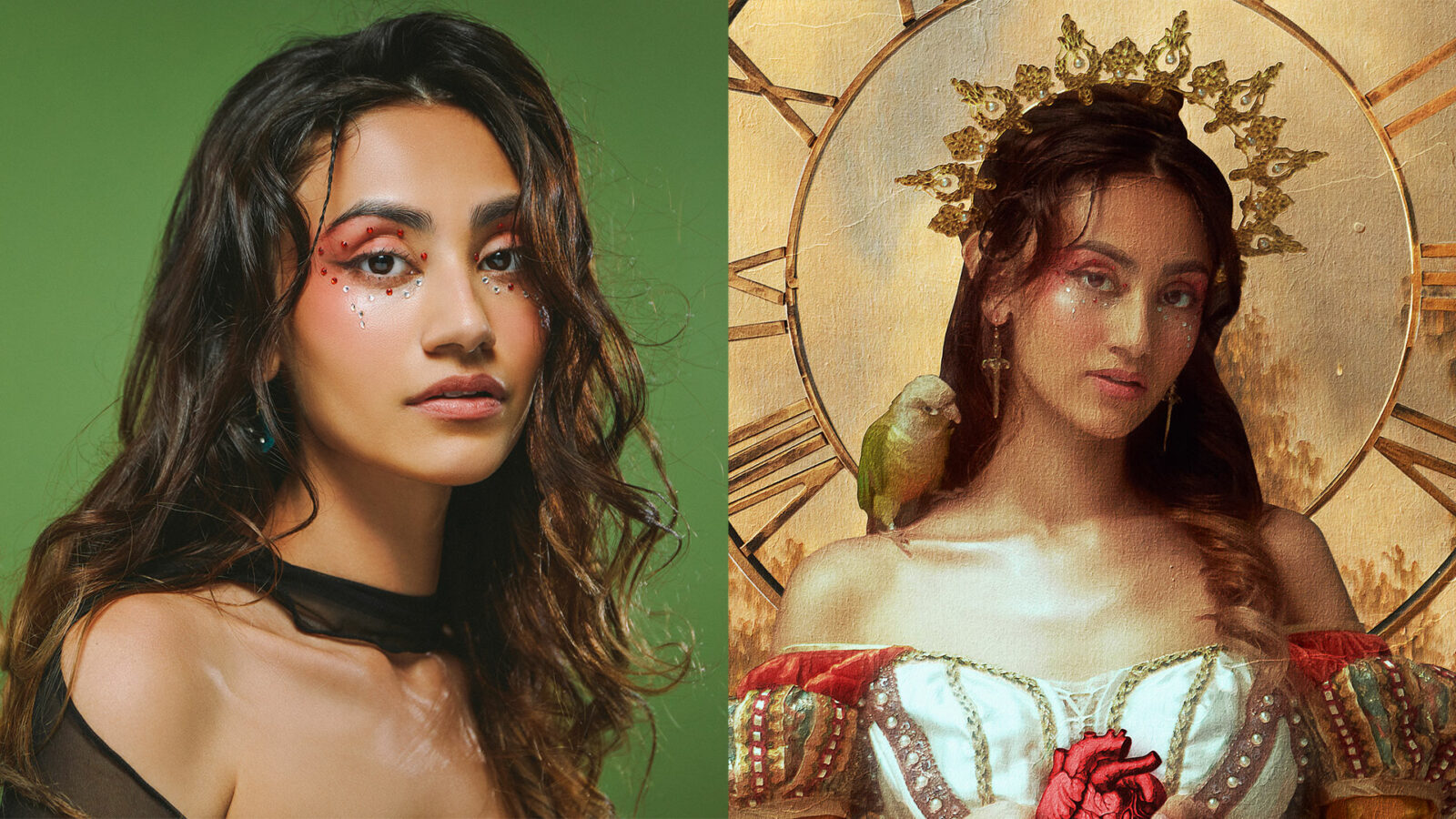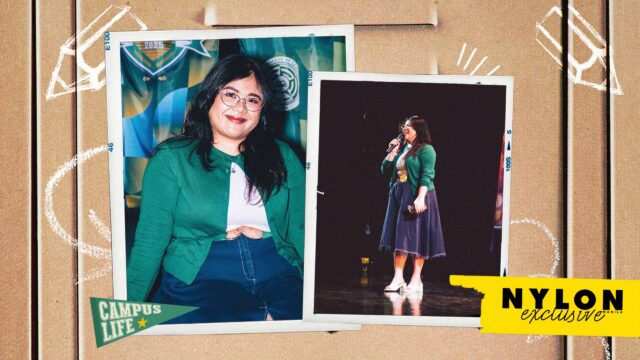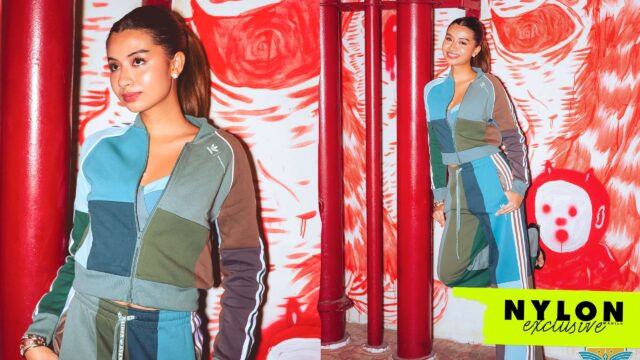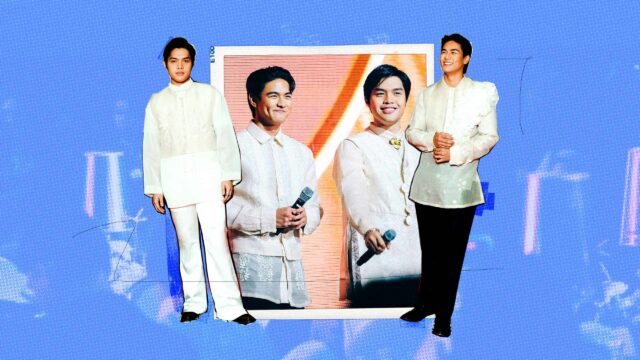Naomi G gets real on her music, dealing with mental health, why she isn’t afraid to say what’s on her mind, and much more.
Related: Rising Vietnamese Artist thuy Might Just Be Your Next R&B Obsession
With the many words you can use to describe Singaporean artist Naomi G, boring and timid aren’t on the list. The singer had a colorful life growing up, one that feels ever-present in her young but growing music career. The alt-R&B star rings you through her stream of consciousness in her tracks, all while not being afraid to delve into serious topics like mental health and loneliness.
Rhythmically, Naomi’s tracks are colored with downbeat mercurial soul, blended with slick notes of alt-R&B and glazed with ethereal dream pop. Acutely aware of art’s on-and-on-again relationship with reality, her music explores the roles of mental health and gender amid social, romantic, and existential tension. Her tracks are a gentle tour de force covered in poignant authenticity.
It’s what her latest single, Delirium, is all about, the first single off her debut album coming in 2023. Her deep-dive into the complexities of love and mental health explores the role of a person as a safe space while they care for someone lost in the landscape of delirium. Her unique style in music combined with her realer than real attitude is just one of the many reasons why you should watch out for this musician. NYLON Manila had the chance to chat with Naomi where she opened up about her music, her debut album, keeping it real, and more.
How did you get into making music?
I got into music because I was lonely and imploding with neuroses; this wasb a critical point for me. During my teen years, I spent much time alone. At one point, I also lived alone for a couple of years in Canada. I was perennially on my headphones during these vacumous stints, focused on my academics and other exploits, but also broiling with emotions, perhaps some unprocessed trauma and no one to share them with. Though, I’ll say, four-walling (being stuck in a room/alone) with yourself does help you develop a strong sense of self and a pronounced voice.
But I hardly saw myself as capable or brave enough to pursue music. The singers on Spotify were a far cry for me, especially growing up and witnessing our art scene be deprioritized time and time again. Moreover, when it came to music, I was absolutely mortified, it was like a sore point. I was painfully envious of people, peers, who were able to put themselves out there with apparent ease. I had and still have to this day extreme stage fright and social anxiety.
It took the dissolution of a four-year relationship, a big move home from Canada, some personal failures and a life-altering conversation with my vocal coach back in Toronto, to realize that music, not just listening to it, but making it, was a viable thing, that I could write my own and share my particular thoughts and experiences with the world in my own sound. I always felt somewhat uncomfortable singing the songs of others. And so I did, starting out as a small wave.
How would you describe your music?
Genre-wise, my music can be defined as conscious R&B or alt pop. In terms of process, I adopt a rather stream-of-consciousness, occasionally dogmatic and verbose and dynamically structured writing style. I usually try my best to keep my writing and topical explorations instinctive and close to both my heart and reality. Thematically, my upcoming music will explore the role and experience of mental health and gender amid concurrent social, romantic, and existential tensions.
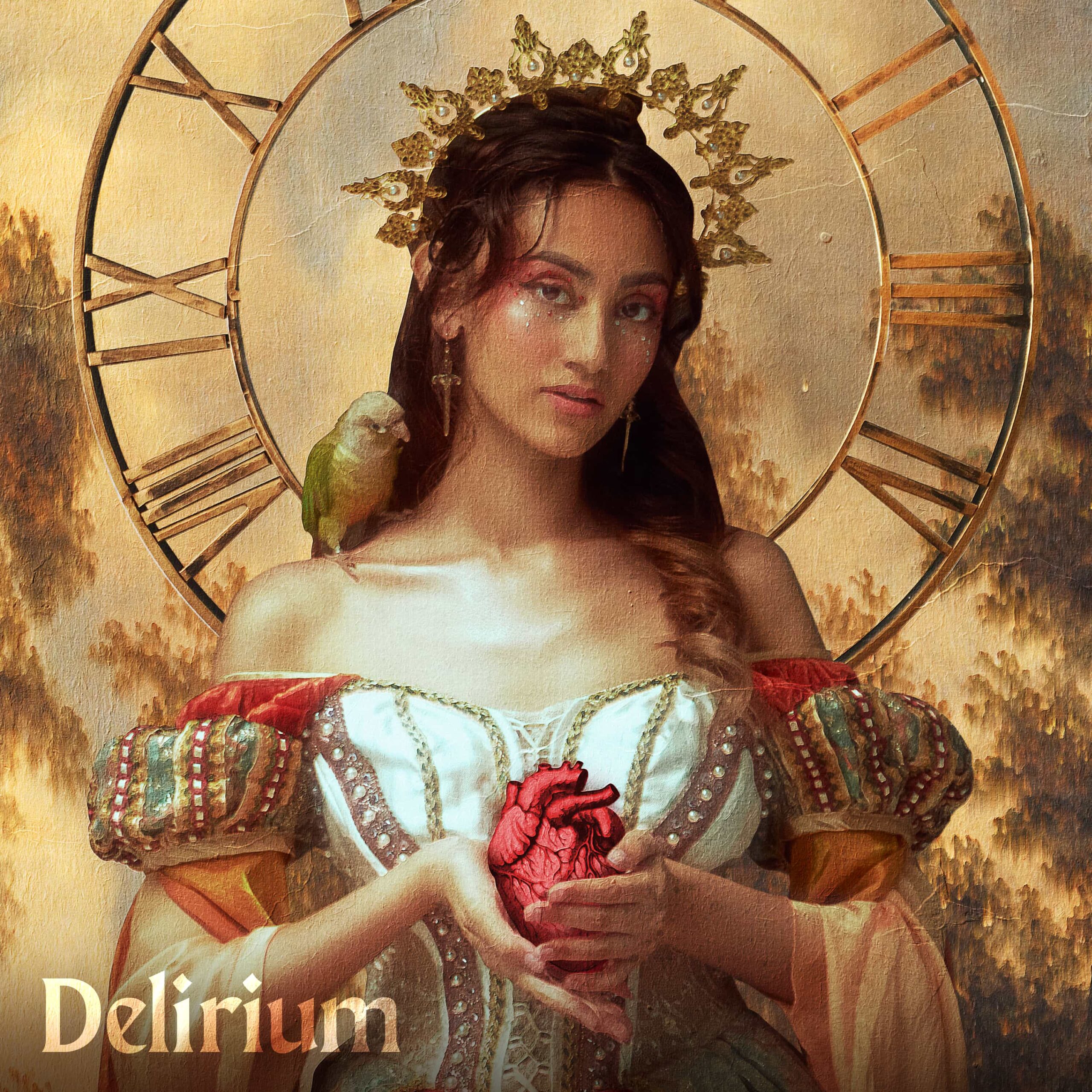
Why decide to release Delirium as the first single off the album?
My single defines the ethos and drives messaging for my entire album—of the same name. The single describes a particular experience: the role of a partner as a safe space as they care for someone lost in symptomatic delirium. But the idea of delirium can also refer to any form of mental turmoil or general confusion, I happen to experience both at this stage in my life. So, I thought, this would be an apt title.
Delirium as a track, is also rather lengthy and ballad-like with a keen sense of etherealness, which I thought would serve as a good prologue and inroad into the wispy existential musings to come. That said, each song will have its own texture and exploration that distinguishes it from the focus track.
What was the inspiration behind your new album?
My album is the encapsulation of the various mental health stresses and existential turmoil experienced in the past couple of years. My ensuing tracks will take the shape of a sort of itemized/categorical list of my mental health incursions or existential musings with anxiety and jealous in the pipeline of upcoming releases. I was inspired to take on this format because I felt that much of my young adult life or my 20s has involved me overcoming mental health and identity struggle after struggle.
Some of these experiences include having old friends pull away, me questioning my role as a woman—exacerbated by being close to “marital age” (as alluded to by society), bad habits and unhealthy obsessions, classic relationship troubles, depression, and the list goes on. I’m sure many people feel the same way. Your 20s is the time you really have to confront yourself and society and this comes in waves—of course, not limited to this age range.
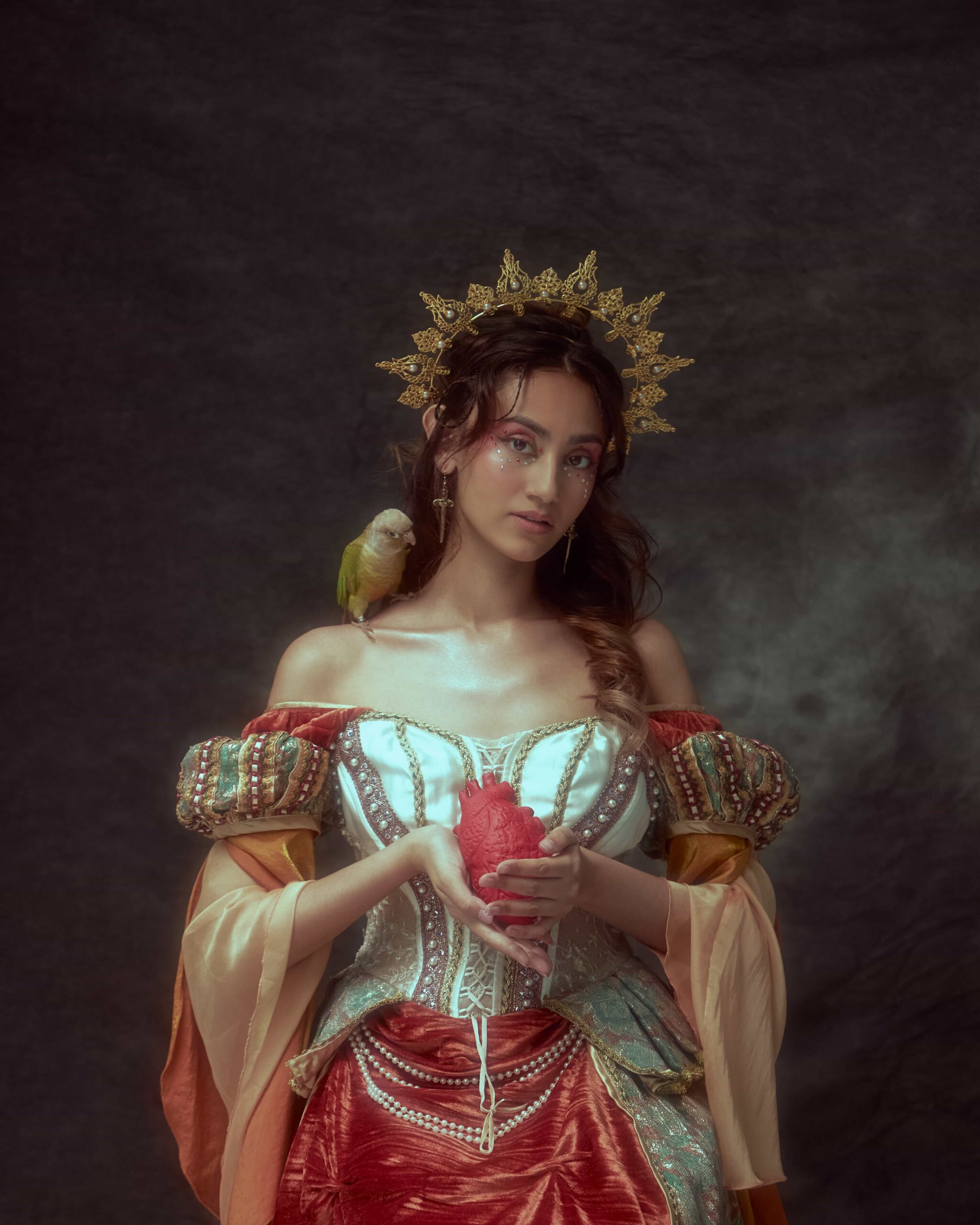
Given the personal topics you delve into; did you encounter any difficulties in making the album?
Absolutely. However, most of the challenges have been administrative or technical rather than related to the topics I delve into. It is quite an organizational feat: sourcing for producers, collaborators, social media calendars, distributors, and working on endless marketing, and maintaining an intense day job, and of course, the production process itself has lots of high highs and low lows. I’m blessed to have found a nurturing, kindred and understanding team of creatives.
The sounds associated with each experience came through rather smoothly. Most of these experiences have a rhythm to them. I’ll say, articulating these touchy experiences in MV format, for the Delirium MV, in particular, was quite a challenge. It was a challenge to maintain sensitivity, a sense of intimacy and wider relatability and remain appropriately entertaining whilst operating with a modest team size of four, but we managed. We decided to keep it fun, and be imperfect ourselves but also to distance ourselves with some abstract absurdism in the telling of our immensely personal tale.
What can fans expect when the LP drops in 2023?
Fans can expect more dialogues to be had with me, more MVs and more dimensions to be added to my topical discussions. I will be releasing seven more tracks on a two-monthly basis with anxiety coming up text.
You’re no stranger to talking about serious issues in your music. Why do you feel the need to do so?
(TW: Domestic Violence and Sexual Harassment.)
It is important to open up dialogues around hard-button or marginalized issues. I don’t feel it is sufficient to do so in conversation or on your traditional portals. In my life experience, and I’m sure many of my peers can attest to this, there are so many gaps in public discourse. These gaps make people feel alienated and misunderstood and it enables hegemonic voices to continue dominating the spheres, which is dangerous and also precludes the opportunity for social change or even character development.
These issues are real and palpable yet still invisible or diluted. I experience them. My friends experience them. My community experiences them. And I really care about them. It’s not just a trend to tap into or a virtue to signal.
I am particularly passionate about issues concerning gender as a second-hand victim of domestic gender-based violence, and harassment, rooted in misogyny. I am also concerned about mental health as I know a great many, including myself, who struggle seriously and silently with these issues, that are shunned and hazed by their communities and mistreated in institutions. I need to lend my voice, even though it may just be a drop in the bucket, so that people know they’re not alone.
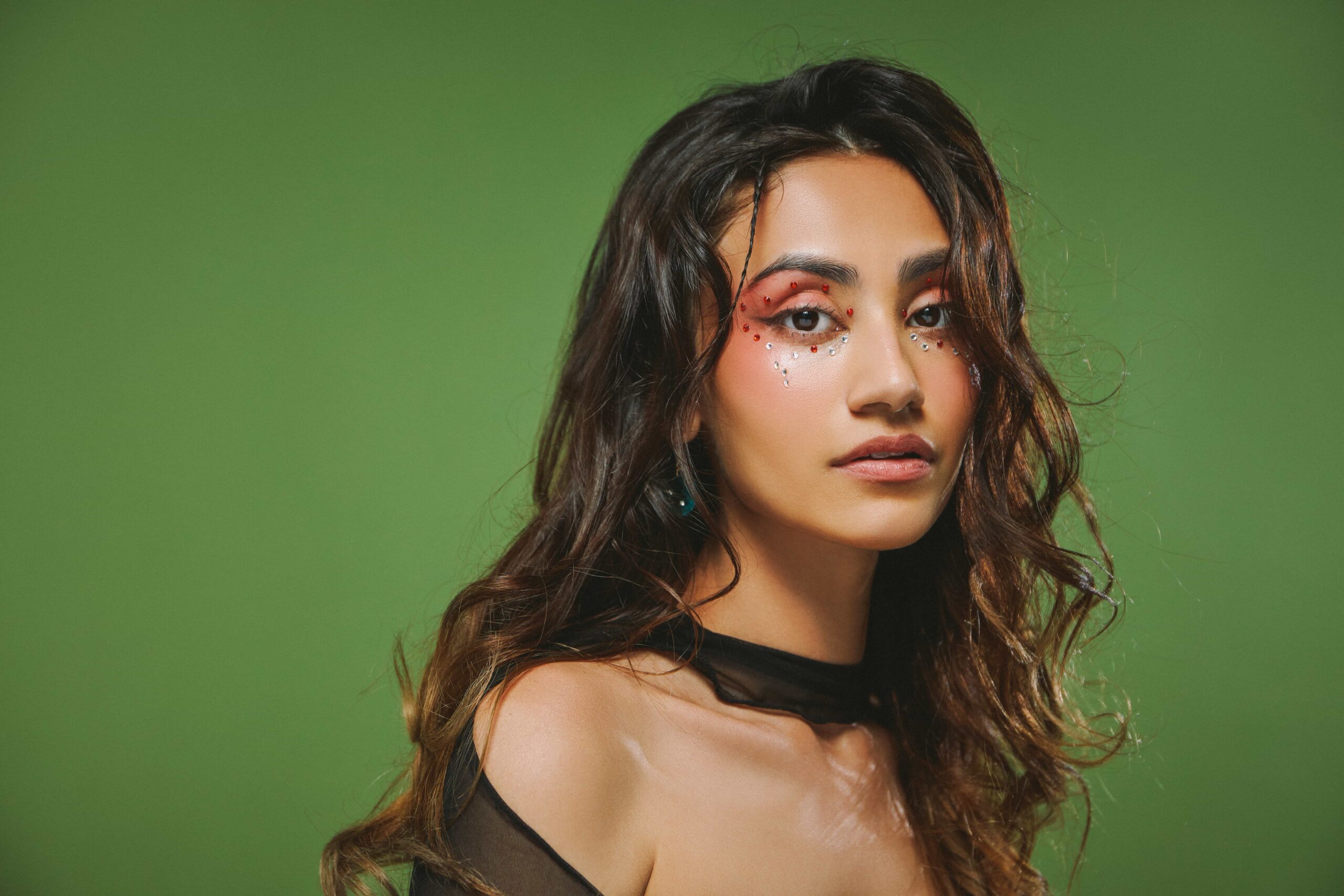
How would you describe your experience as an outspoken female in the music industry?
To quote Cixous, “Every woman has known the torment of getting up to speak. Her heart races at times entirely lost for words, ground and language slipping away.” (Cixous,1997,351). Not to be high-sounding, truly, but it feels good to be validated by an author, someone who holds more weight than I do. I feel the exact same even as this question is being asked, I feel lost for words. I second guess myself all the time, I feel double duress, especially in front of my male counterparts—though not limited to—who might interpret what I say in a diminished and sexist way.
I feel the pressure to remain nice and affable so that people don’t think me too frosty or difficult. I am extremely conscious of what others think of me. I still struggle to put myself out there. I usually have my partner, who never fails to empower me, be my mouthpiece when I feel particularly fatigued. He agrees, the difference in reception between him and me is palpable. I would say that my experience is valid. But I am also in a privileged place as an outspoken female.
I have the platform to put my message across. There are many who understand and echo the messages I’ve put across. I am also blessed to be in a music community full of outspoken females and allies, in their own ways. It is great to be an outspoken female. I could not exist any other way.
Do you ever get the worry that you maybe getting too real in your music?
Yes, sometimes I try to remain cryptic and hope that people don’t read between the lines or that they are satisfied with a mere suggestion of something. I do this to distance myself from certain experiences where necessary and to have some of my messages open to interpretation or more relatable. But I try not to pull away most of the time as I understand the importance of these messages in unadulterated form and the importance of being raw. Realness is the essence of music.
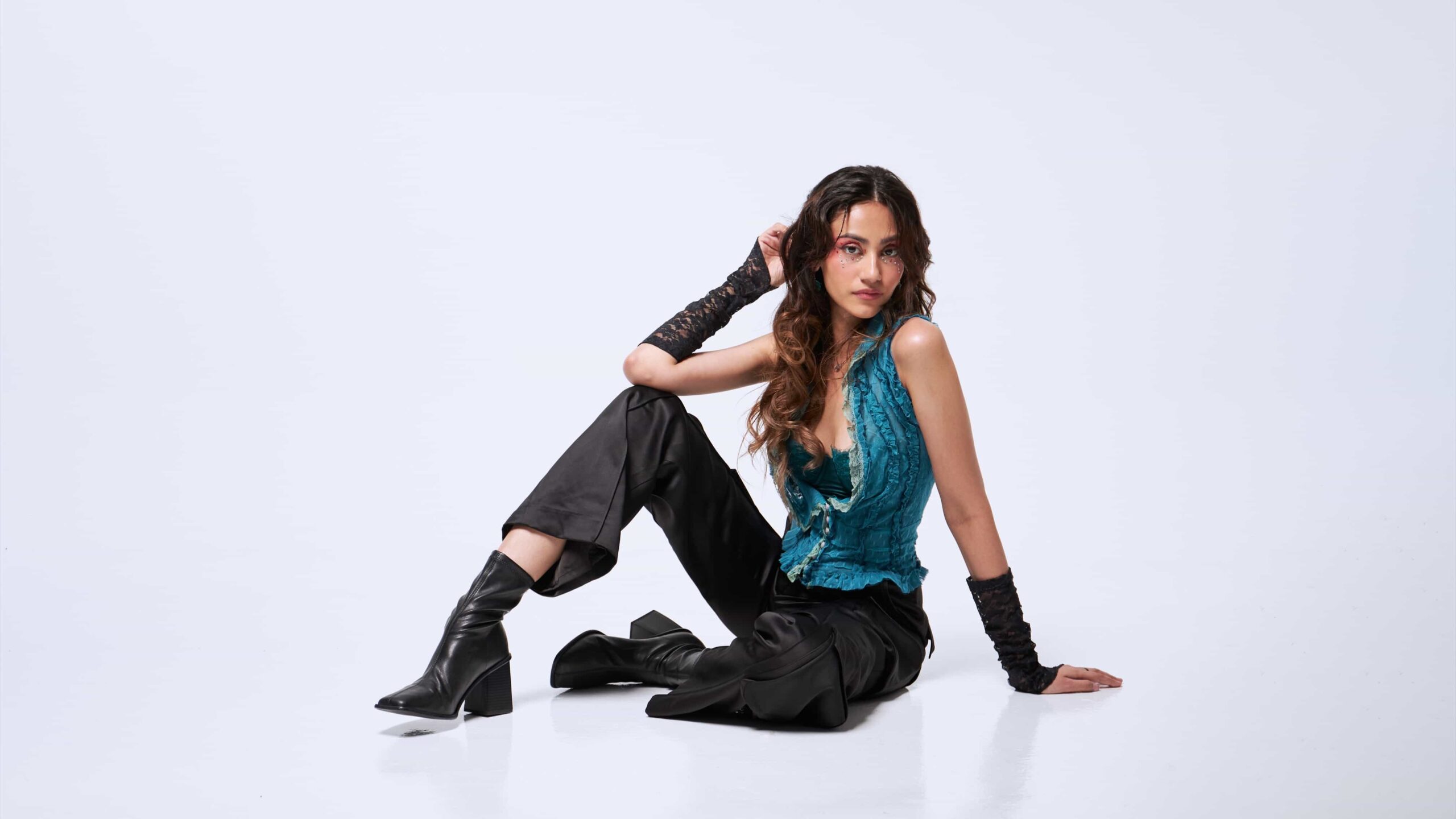
Where do you get the confidence to do what you do?
From my partner, mum, friends, and supporters. My partner often says, in the most cloying fashion, that he wishes I could see myself through his eyes. I am helplessly self-deprecating and often dismiss such statements playfully but that line, though cliche, captures the heart of the modest but hearty support system I have at home.
They are my constant advisers and hyper-uppers, and they’ve taken on any I’ve role required, which gives me renewed confidence each day. Sad to say, I don’t have much of my own, they really the ones that help me out of my head. I can say that I’m becoming bolder each time. Beyond that, it’s all faking it till you make it, making your shivers look like passion, and being open when I find myself afraid.
In your opinion, what makes a song a bop?
Great question, I’m still figuring this out! I tend to write rather tedious or even anaemic songs—as is admittedly, my personality at times. But I can assure you, my upcoming songs, anxiety and jealousy will be more upbeat, antsy and playful, matching the tempo of each experience. So, to answer the question, I think a bop is a track that is able to capture and convey its message with felicity while being catchy, concise and ear-wormy.
A bop is also likely to pay homage to existing trends. But beyond that, a bop has to have an edge of its own. Suffice it to say, they’re hard to make! The Delirium album will be a mixture of bops (I hope) and ballads, so stay tuned!
Continue Reading: Kiana Valenciano’s Fresh R&B Sound Is Giving Us So Many Feelings
